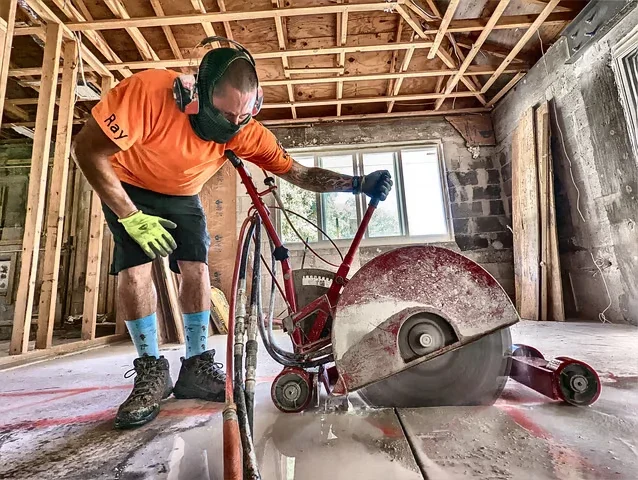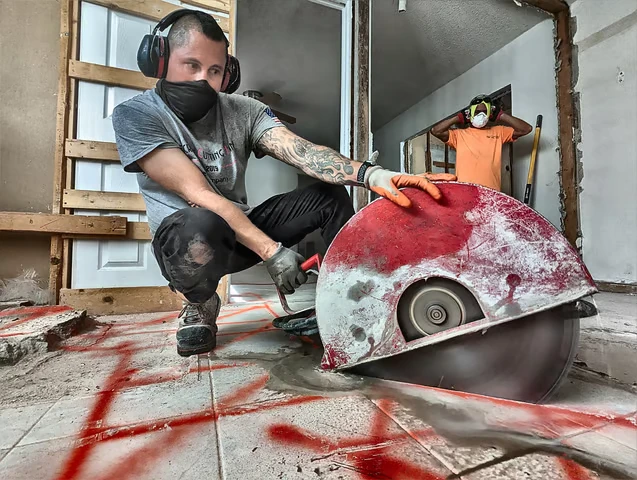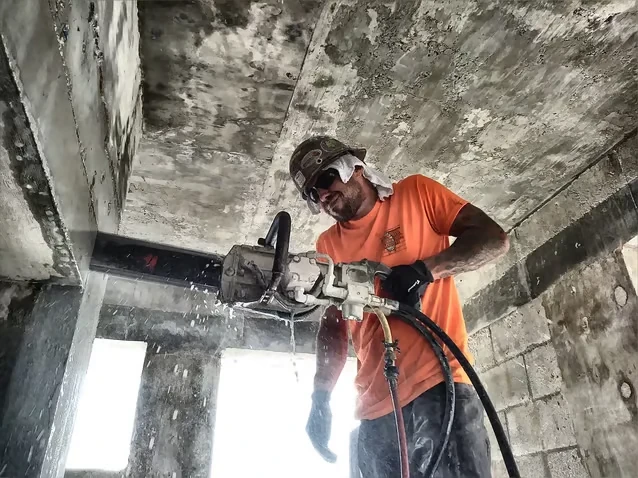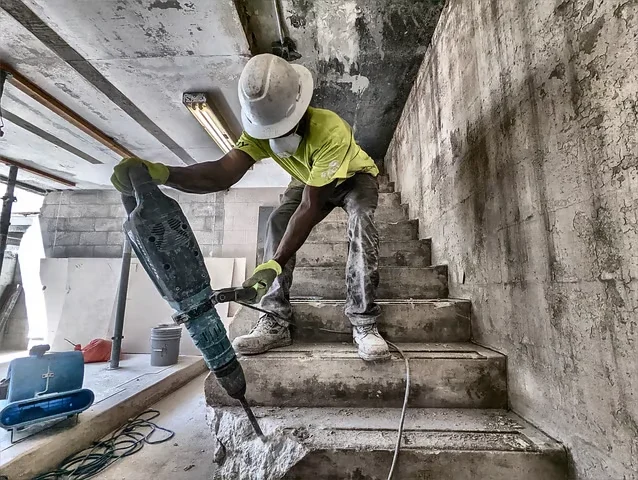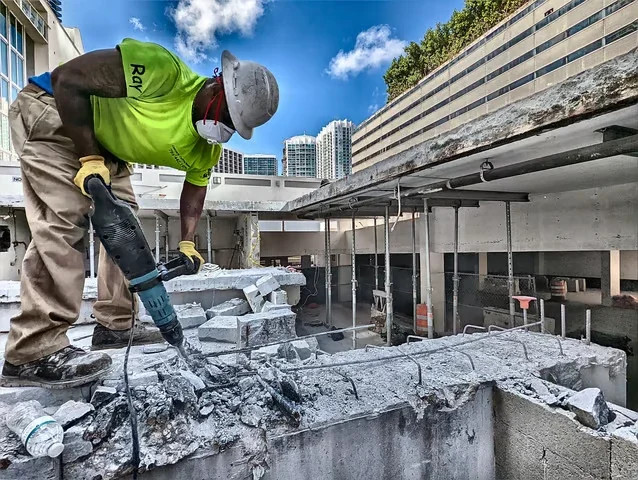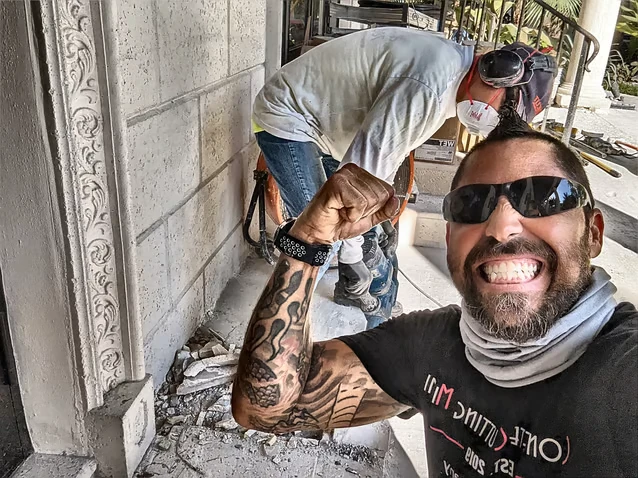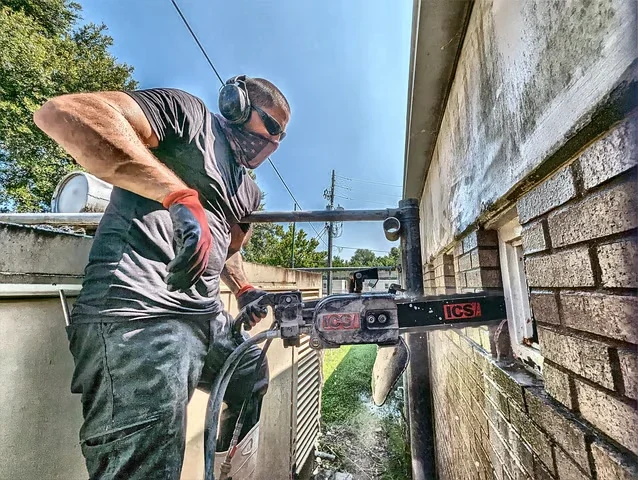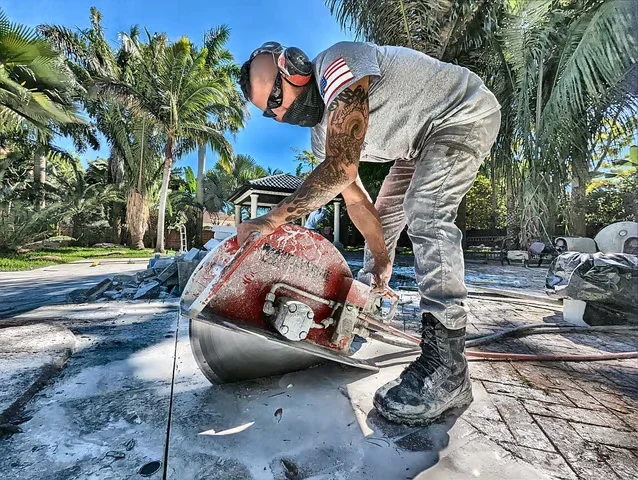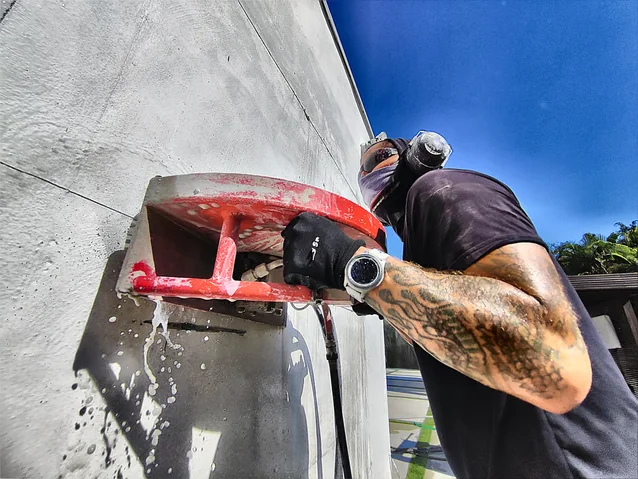
Need precise and reliable Concrete Cutting and Drilling in Miami or the Florida Keys? Concrete Cutting Miami is your trusted source for professional solutions.
For over 20 years, we’ve delivered top-quality Concrete Cutting and Drilling services to residential and commercial clients, focusing on precision, safety, and minimal disruption.
Our experienced team is known for its commitment to excellence, ensuring your project is completed to the highest standards. Get a free quote today and experience the Concrete Cutting Miami difference!
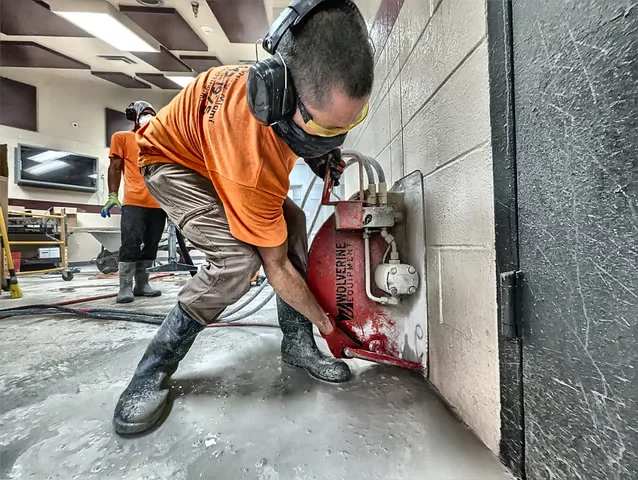
FREE CONSULTATION!
Get Your FREE Consultation Call or Text Now!
Planning a Renovation, New Construction, or Demolition project in Miami or the Florida Keys? Concrete Cutting Miami has the expertise you need. Our Highly Skilled Professionals utilize advanced, state-of-the-art equipment and cutting-edge techniques, delivering cleaner cuts, faster project completion, and unwavering precision. This commitment to efficiency and quality saves you time and helps avoid costly mistakes.
We believe Exceptional Customer Service is key. From transparent communication to meticulous site cleanup, we consistently strive to exceed your expectations, ensuring a smooth and professional experience.
Ready to discuss your Concrete Cutting needs? Contact us today for a free, no-obligation quote and expert advice!”
